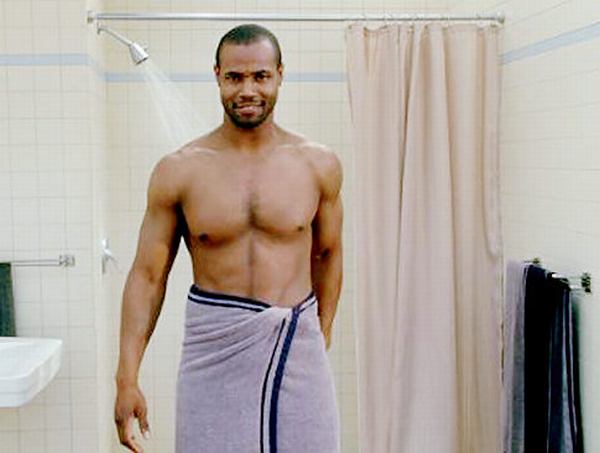The New Scientist reports on a study, by Shahzeen Attari at the Center for Research on Environmental Decisions at Columbia University, on voluntary efforts at reducing carbon emission that underscores just how ineffective these measures are. Even if we set aside the obvious (and I think insuperable) free-rider problems and assume that everyone is on board with the need to cut emissions, there is a bigger problem, which is that people are not very good at estimating the energy use of various activities and appliances:
“For small devices and appliances, people have a pretty good understanding of how much energy they use,” says Attari. “However, for large devices they really underestimate the amount of energy they use.”
As a result people underestimated the energy consumed by devices by a factor of nearly three, she says. So when asked to compare moderate energy-consuming devices, respondents correctly identified that desktop computers consume more energy than laptops, but they significantly underestimated the difference.
One could argue that the solution in this case is a proper public education and labeling system. So just as you know how many calories and grams of sodium are in every bag of chips you buy, we could force manufacturers to put carbon footprint labels on everything they make. But one difficulty is that in order for labels to be effective, people need to be able to understand them — and as Chris MacDonald has been arguing, that’s a very shaky assumption.
A bigger problem is the Achilles heel of all attempts at changes society through moral incentives, which is the way even the best intentioned people are prone to rationalization. There are a lot of things we want to do or consume, and when we are made to feel guilty about it we tend to “launder” our consumption through a moral filter. As Attari says, “Because people might just replace their light bulbs, and feel like they’re off the hook; that they’ve done their part.”
This feeling is even more pronounced when it comes to foreign travel, according to Graham Miller at the University of Surrey in Guildford, UK, and colleagues. When the researchers asked volunteers in the UK about their attitude to sustainable tourism, they found people felt they “deserved the right to fly because they took pro-environmental actions throughout the year”.
So here’s why voluntary efforts will never work:
1. It’s a massive collective action problem
2. Consumers don’t have the information they need to make informed decisions
3. Even when they do, they tend to rationalize their preferred behaviour.
The obvious — indeed, only — solution is a carbon tax, which handily eliminates all three problems at once.
 Monday, August 30, 2010 at 06:20PM
Monday, August 30, 2010 at 06:20PM 


